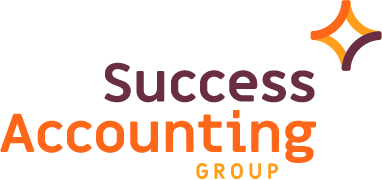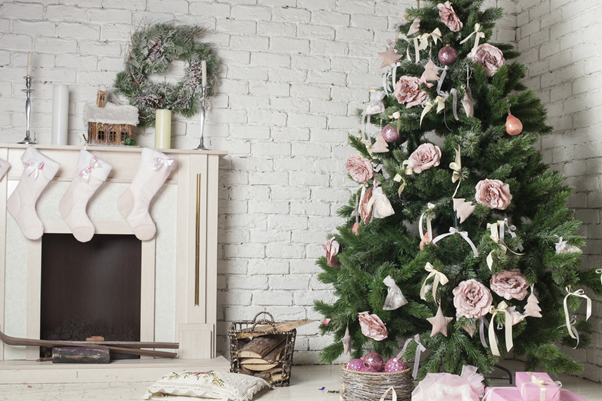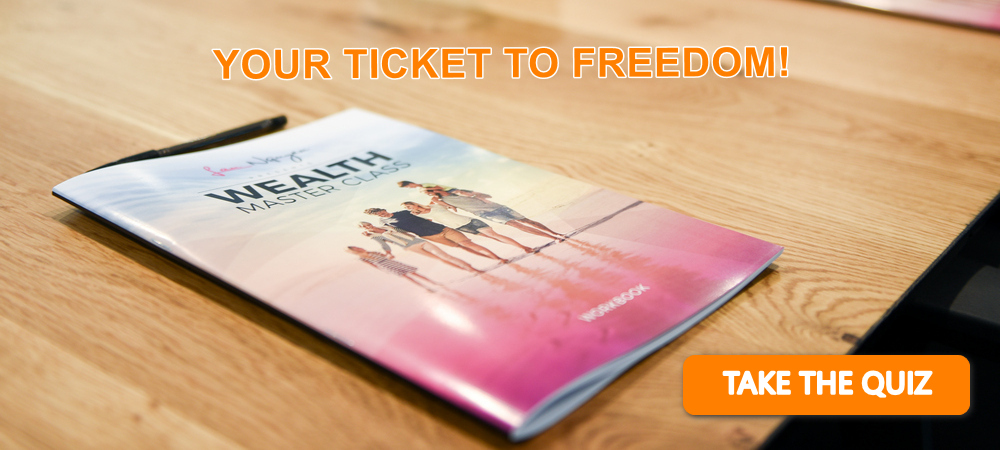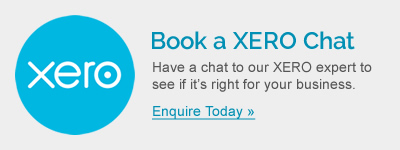Can your business meal expenses be claimed as a deduction?
With Christmas around the corner, taking a client out for a business lunch or providing dinner for your staff is often a grey area in terms of claiming tax deduction. To help business owners determine whether the expense is categorised as tax deductible or entertainment, we have written up a guide to help you work things out.
What meals are tax deductible?
1. Meals when traveling
You are entitled to claim meal expenses when you travel for work purposes. However the ATO requires that the amount is reasonable. For the year 2015, the reasonable amount ranged from $102 – $121 per day.
2. Meals supplied as working lunch
The amount that is used to provide lunch or dinner for the office is tax deductible. The meal however should be simple and not include wine as this would then be categorised as entertainment.
An example would include pizza and soft drinks.
3. Snacks and refreshments throughout the day
Similar to the meals supplied as working lunch, the refreshments should be simple. An example would be a coffee and a muffin.
Consider these questions to determine whether your meals are a legitimate business expense.
1. Who consumed the meals?
Meals purchased for employees and meals purchased for clients and other business associates should be separated as meals provided to parties besides employees are not tax deductible.
2. Who paid for the meal?
The individual or business that paid for the meal will be the one claiming the deduction.
3. Have you paid Fringe Benefit Tax?
If you reported the meal expenses as a fringe benefit and also paid the appropriate amount of fringe benefits tax on them, the figure can be claimed as a deduction.
We can look to use the available FBT exemption for some assistance here. For example the Minor and Infrequent FBT exemption, which allows you to provide minor (less than $300 per employee) and is infrequently meal benefits to employees without paying FBT while still claiming a tax deduction.
4. What type of meal was purchased and why was it purchased?
As mentioned above, the meals should be simple and not include alcohol. Example of simple meals includes sandwiches, finger foods and salads. The more expensive and elaborate the meals, the less likely they are to be tax deductible.
A question that should be asked to establish whether the expenses can be claimed as tax deductible is whether the purpose of the meal was for sustenance or entertainment reasons.
5. When and where was the meal consumed?
Were the meals consumed during or after work hours? Were the meals consumed at work or elsewhere?
Meals consumed during working hours on premise are more likely to be deductible.
Speak to a Success team member and let us help you determine whether your meal expenses are legitimate business expense and therefore tax deductible.
Schedule an appointment by clicking here

About Lan Nguyen
Lan is the Founder and Chief Strategist at Success Accounting Group, Melbourne based CA firm. In a matter of short 8 years she has built up a reputable Chartered accounting firm with 3 offices and a team of 6 professional accountants and support team members. Her mission is to provide Innovative and Strategic Financial advice to help her customers make smarter financial decisions today for a brighter future.
Success Accounting Group is for established business owners who would like help to grow a sustained business. As a business owner you understand what drives your business success with our accounting team taking care of the rest.






